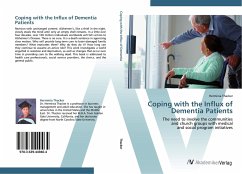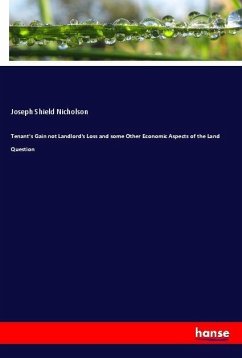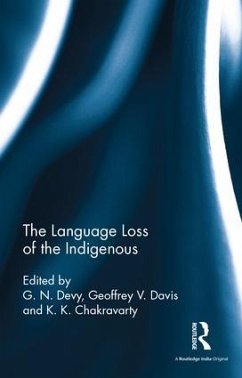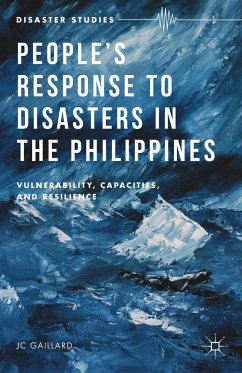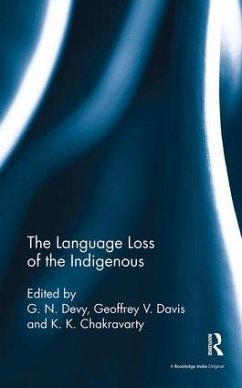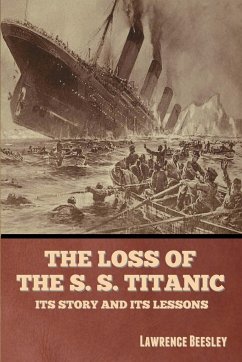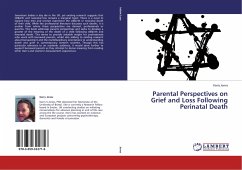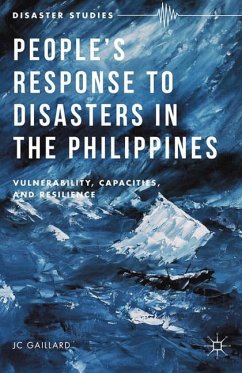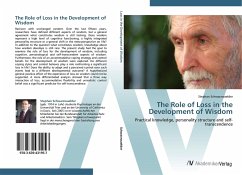
The Role of Loss in the Development of Wisdom
Practical knowledge, personality structure and self-transcendence
Versandkostenfrei!
Versandfertig in 1-2 Wochen
32,99 €
inkl. MwSt.

PAYBACK Punkte
16 °P sammeln!
Revision with unchanged content. Over the last fifteen years, researchers have defined different aspects of wisdom, but a general agreement what constitutes wisdom is still lacking. Does wisdom represent a high level of cognitive functioning, a highly integrated personality structure or a general shift in the meta-perspective on life? In addition to the question what constitutes wisdom, knowledge about how wisdom develops is still rare. The present study had the goal to examine the role of loss for the development of wisdom, including cognitive, personological and self-transcendent aspects of ...
Revision with unchanged content. Over the last fifteen years, researchers have defined different aspects of wisdom, but a general agreement what constitutes wisdom is still lacking. Does wisdom represent a high level of cognitive functioning, a highly integrated personality structure or a general shift in the meta-perspective on life? In addition to the question what constitutes wisdom, knowledge about how wisdom develops is still rare. The present study had the goal to examine the role of loss for the development of wisdom, including cognitive, personological and self-transcendent aspects of wisdom. Furthermore, the role of an accommodative coping strategy and control beliefs for the development of wisdom were explored. Do different coping styles and control believes play a role ronfronting a significant loss in life? Does the ability to adapt and a perceived control over such events lead to a different developmental outcome? A hypothesized general positive effect of the experience of loss on wisdom could not be supported. A more differentiated analysis showed that a three way interaction of loss, accommodative flexibility and unrealistic control belief was a significant predictor for self-transcendence.



